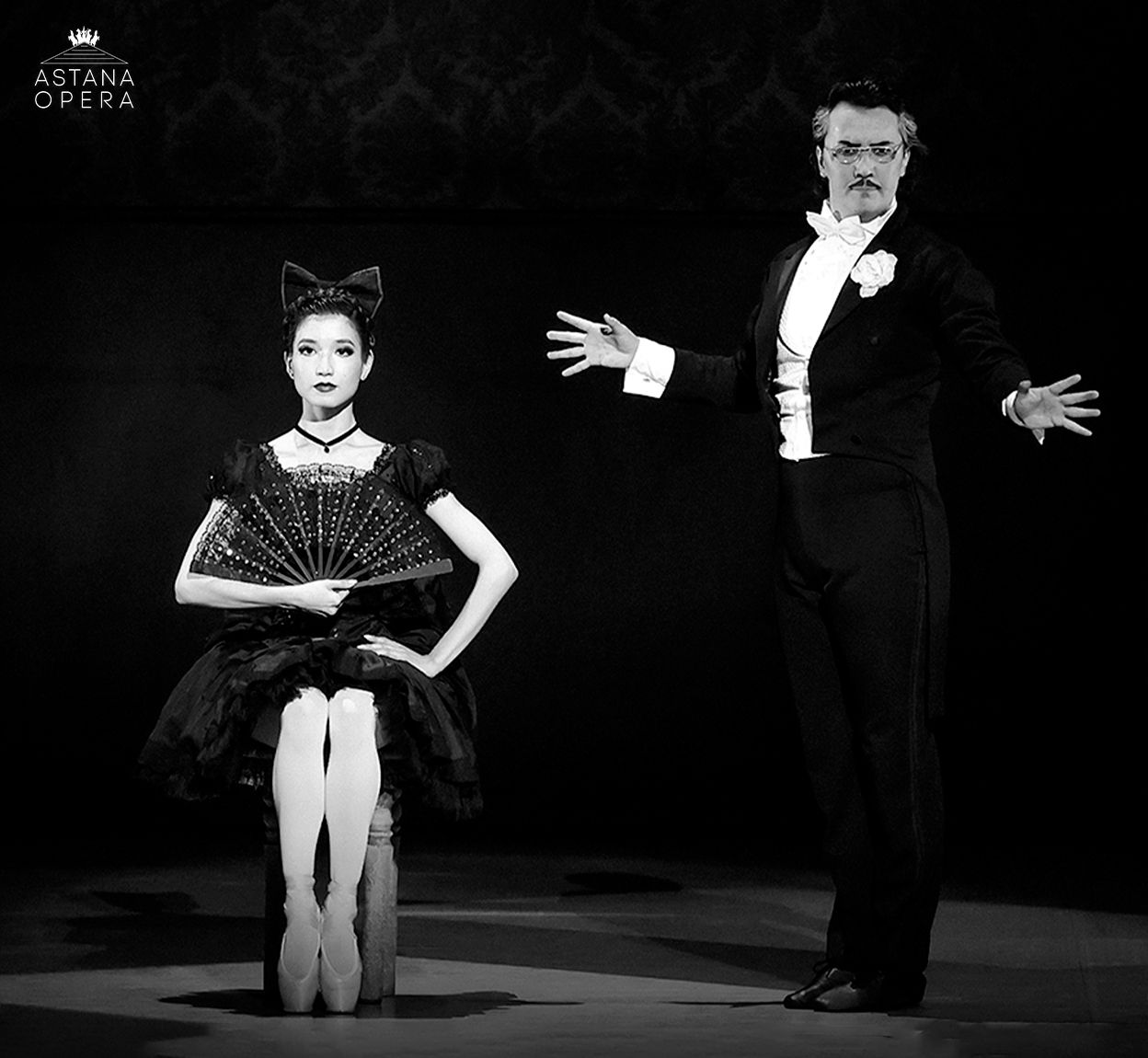A sun-drenched provincial town in which all the girls are in love with the brave military men stationed there - except one, who pays no attention to the bright uniforms at all, but sits with a book on the balcony, not distracted by anything. The ballet's protagonist, the local beauty Swanilda, becomes annoyed that the young man she chose for herself cannot take his eyes off this girl, and without thinking long, she climbs into the stranger's house in the night. There she quickly discovers that the girl who annoys her is just a mechanical doll created by an old master. Swanilda in a good mood is worse than Swanilda in a bad mood: she fools everyone by pretending to be a doll and practically destroys the workshop. The audience laughs continuously - just until the old master realizes that he is being laughed at and goes out to dance with the doll. The doll (in this scene, which has become the most famous fragment of the ballet, made of a foam rubber) is more faithful and honest than real girls, she will never make fun of him, she is always there for him. A piercing note of loneliness suddenly sounds in the thunderously funny performance, and this gives the ballet depth. Roland Petit, an inventive choreographer, singer of the Boulevards and the embodiment of French, slightly cynical humor, staged the performance to the music of Léo Delibes in 1975 for the Marseille Ballet. Since then, it has been staged in many countries around the world (comic ballets are rare, and such successful ones in particular), and five years ago the premiere took place at the State Opera and Ballet Theater «Astana Opera», a young company, the development and quality of which the Kazakh authorities attach great importance to. Thanks to the opportunity to integrate into the world choreographic process, the company is in terrific shape today. And all the shades of French humor are conveyed by the artists with impeccable accuracy, exactly as the author intended them to be.
